The Coronavirus lockdown could have caused more deaths than it saved, a Nobel Laureate scientist has claimed.
Michael Levitt, a Stanford University professor, who correctly predicted the initial scale of the pandemic, suggested the decision to keep people indoors was motivated by ‘panic’ rather than the best science.
Levitt also said the modeling that caused the United Kingdom government to bring in the lockdown – carried out by Professor Neil Ferguson – over-estimated the death toll by ’10 or 12 times.”
‘I think lockdown saved no lives. I think it may have cost lives. It will have saved a few road accident lives, things like that, but social damage – domestic abuse, divorces, alcoholism – has been extreme.
‘And then you have those who were not treated for other conditions.’ Levitt told The Telegraph:
Levitt, a Stanford University professor, who won the Nobel Prize for Chemistry in 2013 for the ‘development of multiscale models for complex chemical systems’, said for two months, most experts predictions about Coronavirus were wrong.
He had correctly predicted the initial scale of the pandemic and suggested that the decision to keep people indoors was motivated by ‘panic’ rather than the best science
The scientist also believes that the UK government should encourage Britons to wear masks and find other ways to continue working while socially distancing instead.
He described lockdown as ‘medieval’ and claimed that epidemiologists exaggerate their claims so that people are more likely to listen to them.
The 73-year-old Nobel prize winner is not an epidemiologist, but he assessed the outbreak in China at the start of the crisis and made alternative predictions based on his own calculations.
His claims echo those in a JP Morgan report that said lockdowns failed to alter the course of the pandemic but have instead ‘destroyed millions of livelihoods’.
Author Marko Kolanovic, a trained physicist and a strategist for JP Morgan,had said governments had been spooked by ‘flawed scientific papers’ into imposing lockdowns which were ‘inefficient or late’ and had little effect.
He said falling infection rates since lockdowns were lifted suggest that the virus ‘likely has its own dynamics’ which are ‘unrelated to often inconsistent lockdown measures’.
Denmark is among the countries which has seen its R rate continue to fall after schools and shopping malls re-opened, while Germany’s rate has mostly remained below 1.0 after the lockdown was eased.
A graph published in a JP Morgan report showed that many countries saw their infection rates fall rather than rise again when they ended their lockdowns – suggesting that the virus may have its own ‘dynamics’ which are ‘unrelated’ to the emergency measures
Ferguson’s modeling had estimated up to 500,000 deaths would occur without social distancing measures.
But David Richards, co-founder of British data technology company WANdisco, said Ferguson’s model was a ‘buggy mess that looks more like a bowl of angel hair pasta than a finely tuned piece of programming.’
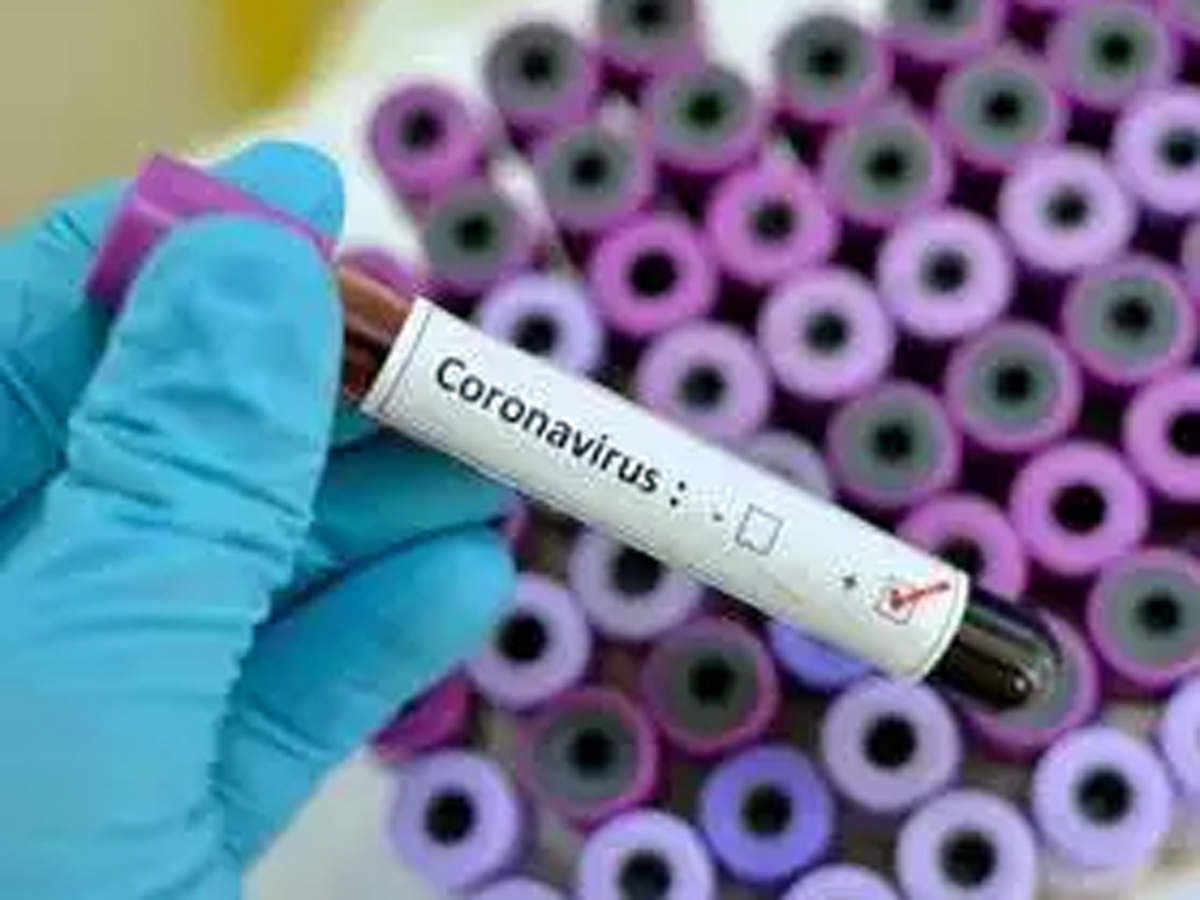


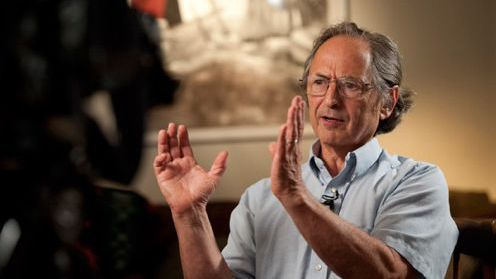
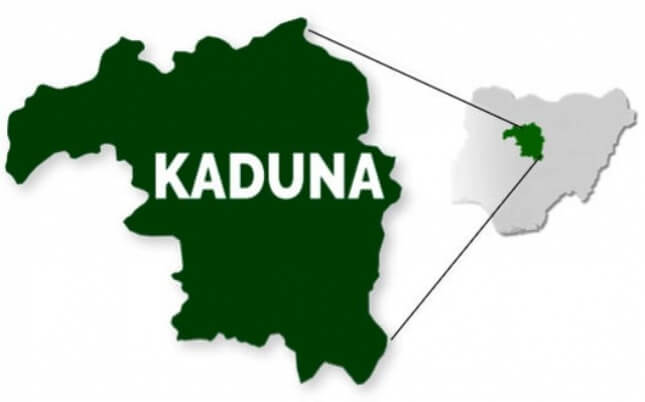
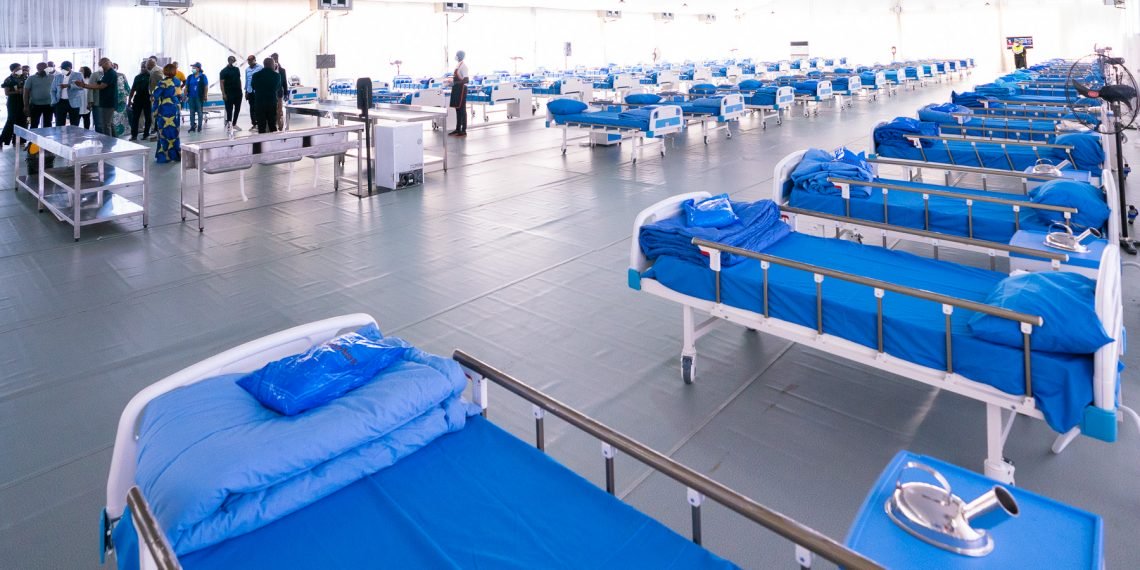
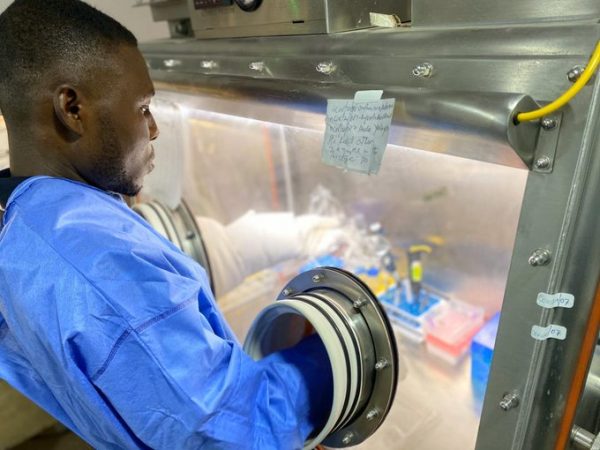
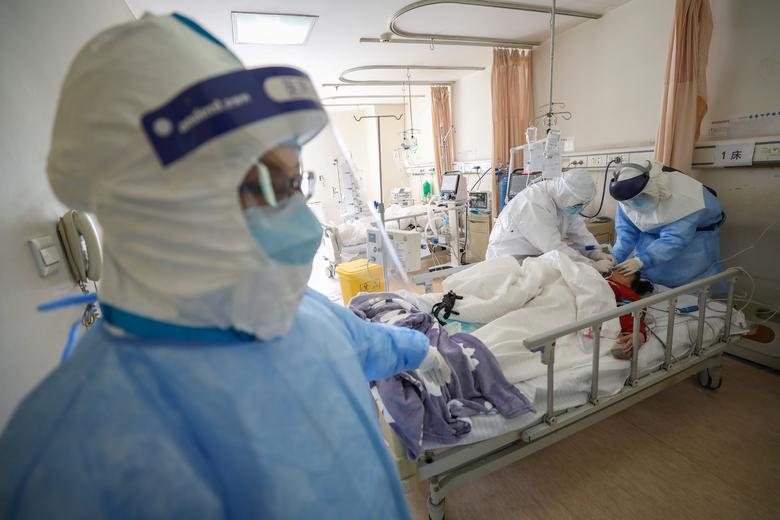
![BREAKING: Delta, Anambra agree to free traffic on Niger Bridge with strict conditions [VIDEO]](https://thenewsguru.ng/wp-content/uploads/2020/05/IMG_20200525_221033.jpg)